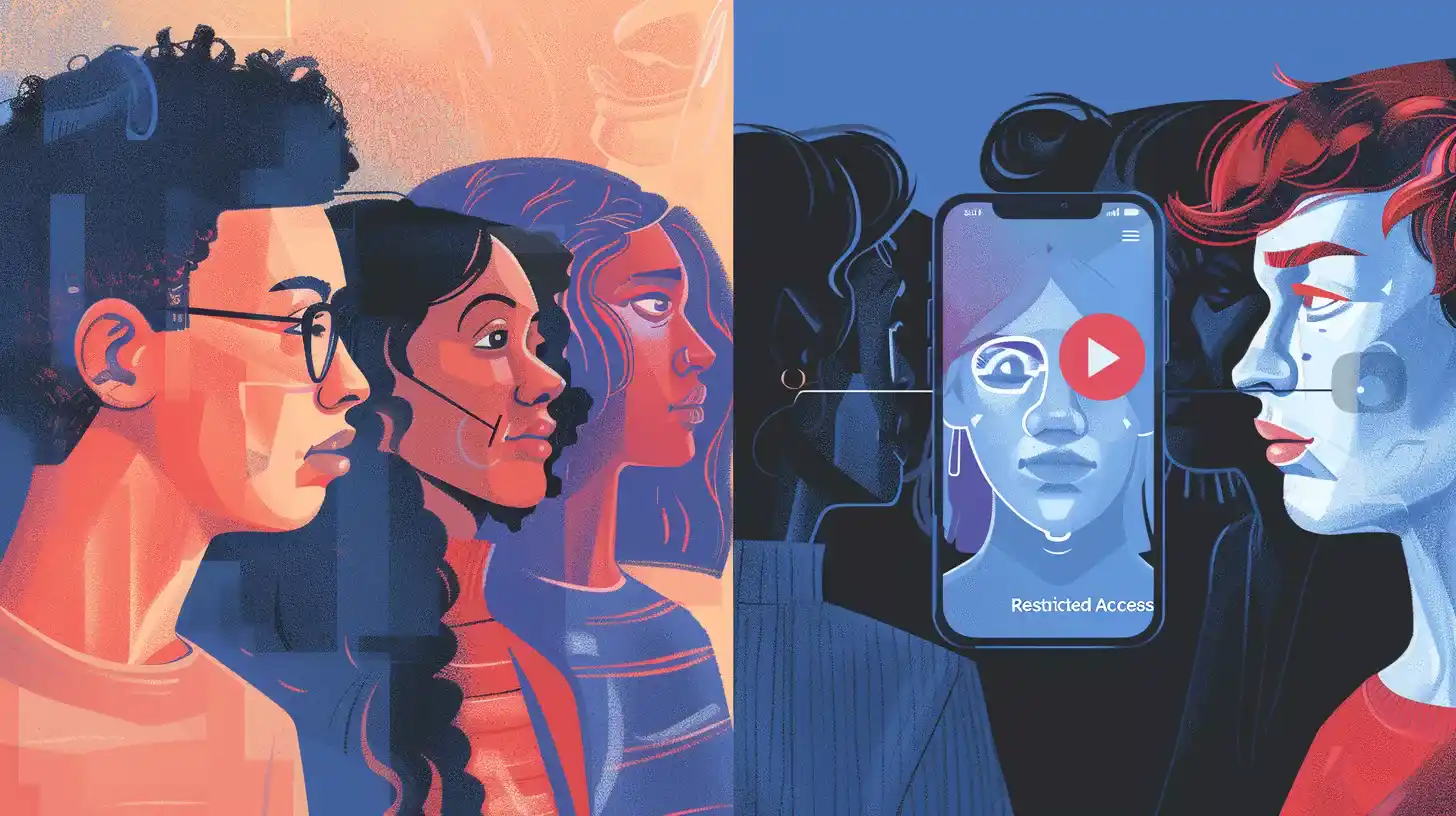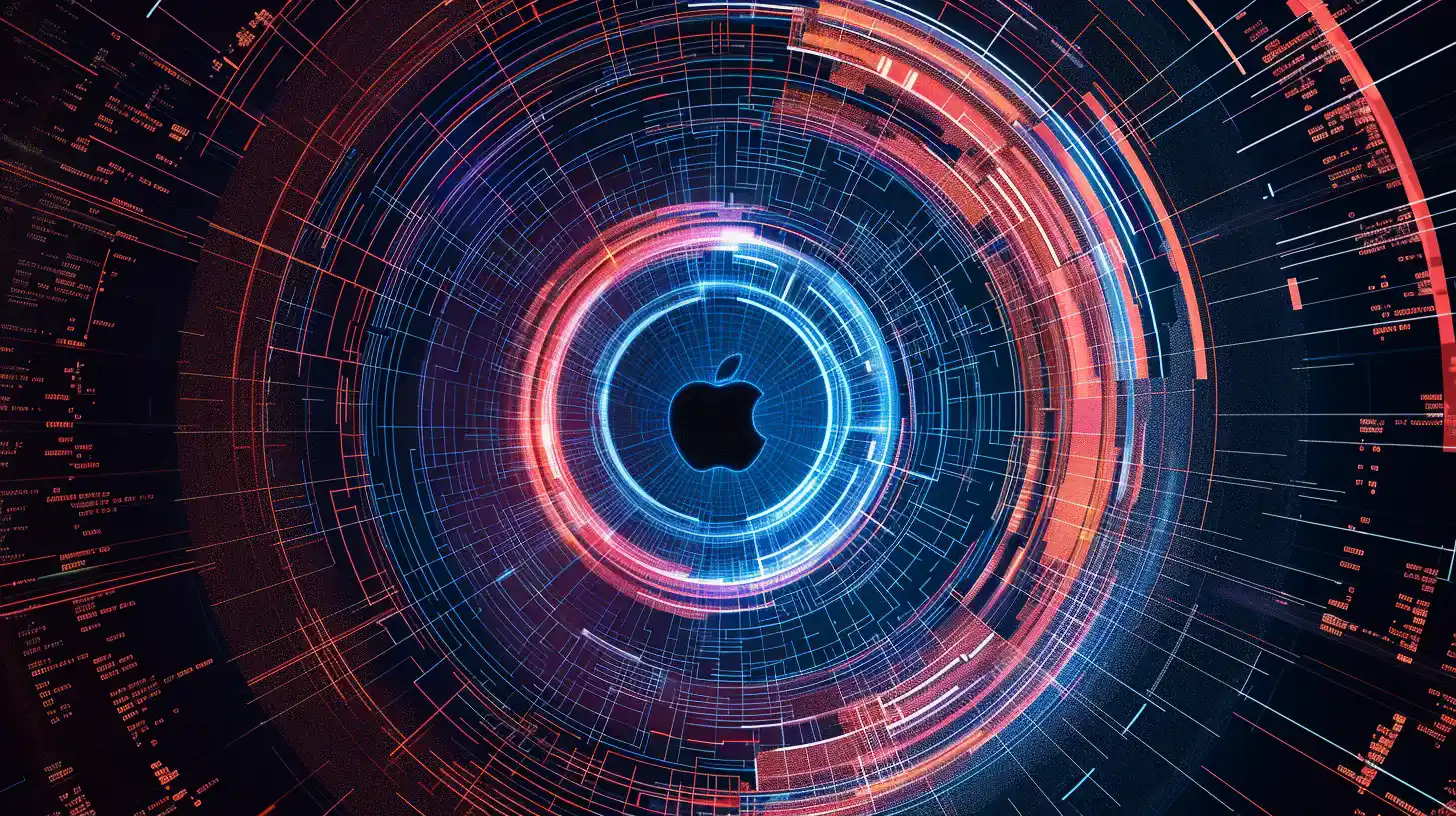Table of Contents
Tim Cook’s WWDC keynote promised a new era of intelligent Apple devices. “Profound new intelligence capabilities,” he declared, igniting hopes for a revolution in user experience. But as the dust settled, a sobering truth emerged: Apple Intelligence, the company’s much-anticipated foray into generative AI, is a walled garden. Only a select few will be invited to the party this fall.
The first hurdle is hardware. Only the iPhone 15 Pro and Pro Max, boasting the most powerful A-series chips, can run Apple Intelligence. This excludes a staggering 90% of iPhone users, many still clinging to perfectly functional older models. Analysts estimate this cuts off over 1.3 billion users from the AI bonanza.
The software lock-in is equally restrictive. For now, Apple Intelligence and the revamped Siri (promised to understand context and even leverage competitor ChatGPT) are restricted to U.S. English. This language barrier further isolates a vast global audience.
Beyond iPhones, the story isn’t much brighter. Only iPads and Macs with the latest M-series processors gain access. Even Apple’s futuristic Vision Pro glasses, with their mighty M2 chip, are left out in the cold. Existing Apple Watches, HomePods, and Apple TVs? Forget about it.

This exclusivity strategy has left tech analysts scratching their heads. Jason Snell of Macworld laments the continued Siri woes on Apple Watch: “AirPods and Apple Watch are my go-to combo, but Siri’s unreliability makes me avoid it altogether.” Bloomberg’s Mark Gurman, initially optimistic about Apple’s AI play, now warns of a slow rollout: “This probably won’t significantly boost iPhone sales in 2024.”
While Apple Intelligence promises exciting features like document summarization, personalized emoji creation, and a smarter Siri, the limited access casts a long shadow. The question remains: will Apple open the gates to a wider audience, or is this a glimpse into a future where only the privileged few enjoy the fruits of AI? Only time will tell.
A Tale of Two Realities: Apple Intelligence AI Chasm and the Race for Supremacy
Apple’s guarded approach to AI has ignited a firestorm of debate. Here’s a deeper dive into the potential implications:
A Missed Opportunity or Strategic Maneuvering?
Critics argue Apple’s exclusivity stifles innovation and alienates users. By restricting access to high-end devices and a single language, they risk falling behind in the fierce AI arms race. Google‘s Assistant, already multilingual and available across a wider range of devices, appears to be the more inclusive option.
However, some defend Apple’s cautious approach. They argue it prioritizes quality control. By focusing on powerful hardware and a controlled environment, Apple can ensure a seamless and reliable user experience. This, they say, is paramount in a field where buggy AI can be frustrating and even counterproductive.
The High Cost of Exclusivity
There’s no denying the potential downside of Apple’s strategy. Here are some key concerns:
- User Frustration: Imagine the disappointment of a loyal iPhone user, unable to access the much-hyped AI features simply because they haven’t upgraded. This could lead to user churn, especially for those tempted by the open ecosystems of competitors.
- Stifled Innovation: A smaller pool of users generating data for Apple Intelligence could limit its learning potential. Openness, some argue, fuels innovation by allowing a wider range of minds to contribute.
- Ethical Concerns: Limiting AI access to specific demographics raises ethical questions. Is Apple inadvertently creating an “AI have” and “AI have-nots” scenario?

The Long Game: Apple’s AI Endgame
Despite the criticism, Apple might be playing a longer game. Here’s what could be unfolding:
- Phased Rollout: Perhaps the limited launch is a calculated move. Apple Intelligence might be meticulously testing the technology before a wider release, ensuring a polished experience for the masses.
- Hardware Ramp-Up: The exclusivity could be a strategic nudge towards newer devices. As Apple transitions to more powerful processors across its product line, AI access could become more democratic.
- Focus on User Privacy: Apple has a reputation for prioritizing user privacy. Perhaps their cautious approach reflects a desire to ensure responsible AI development, free from potential privacy violations.
The Verdict: A Wait-and-See Approach
Only time will reveal Apple’s true intentions. Will they loosen the reins and embrace a more inclusive AI strategy? Or will they remain within the confines of their walled garden? For now, users are left waiting, wondering if they’ll be part of Apple’s AI revolution or left behind in the dust. This limited launch has undoubtedly sparked a conversation about the future of AI accessibility, leaving the tech world eagerly awaiting Apple’s next move.